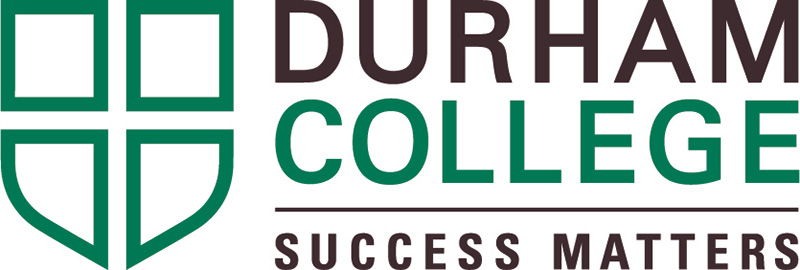Keeping track of the conditions of the thousands of poles, holes, signs and lights that line the streets of cities and towns — keeping track of the streets themselves — is a huge job. Traditionally, municipalities have left the task of keeping track of the state of road conditions and infrastructure to staff (sometimes driving around for other reasons), or random checks and public complaints.
It’s a haphazard approach that may or may not get the job done, and North-Line Canada Ltd., recognized an opportunity to create an inventory-management system that could be installed in any vehicle and tailored to each client’s needs.
North-Line collaborated with Durham College to develop the Asset Inventory and Management System (AIMS). AIMS can track the condition of roads and infrastructure, automatically registering key assets like fire hydrants, traffic control signs, hydro lines, road incursions and even bus enclosures.
AIMS, which can be plugged into any vehicle, has an easy-to-view display, real-time GPS, wireless temperature and infra-red sensors and multiple wireless cameras. All connect to the module for full video recording. This lets AIMS log data on assets in real time, with limited user input. Its features can also be turned on and off based on the level of function the customer purchases.
AIMS should significantly reduce labour costs and allow the customer to manage and maintain assets, while eliminating the high incidence of human error, and ensuring upgrades and system deployments run effectively.
Two students with backgrounds in database development worked on this project to connect and develop a system of sensors that were then programmed on a device. They were required to order parts according to specifications and troubleshoot the entire system, enhancing their communication and problem-solving skills.
The project helped the students to develop and refine their technical and business skills, increasing their likelihood of being hired quickly when they graduated.
“The project was a game changer for us, connecting academic with practical experience; it was of great benefit to our company and the students.”


